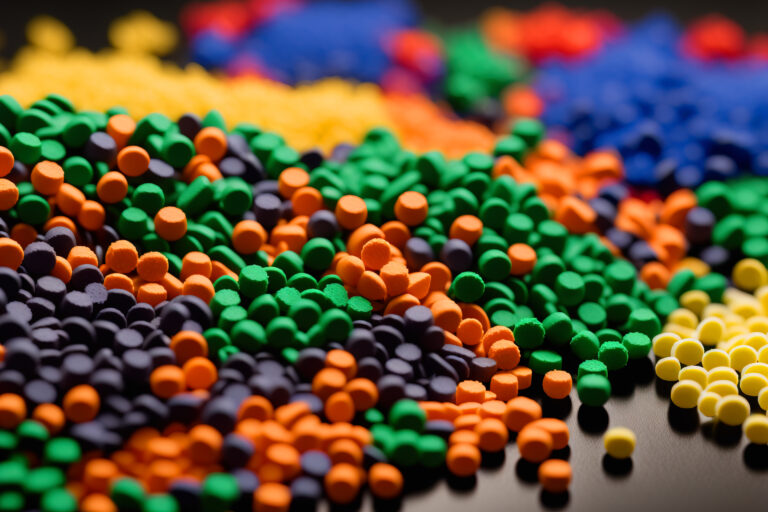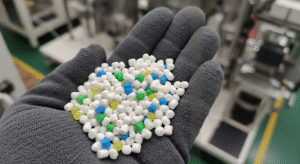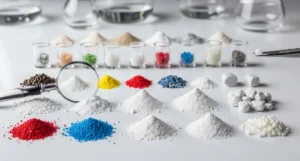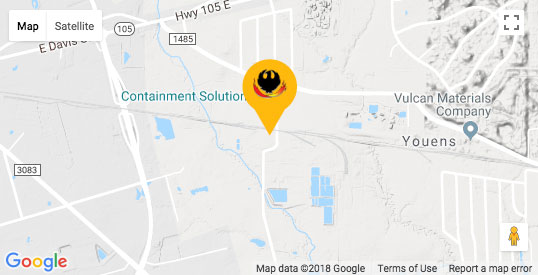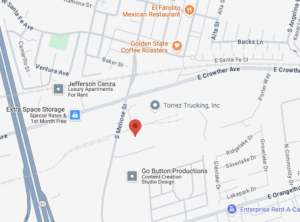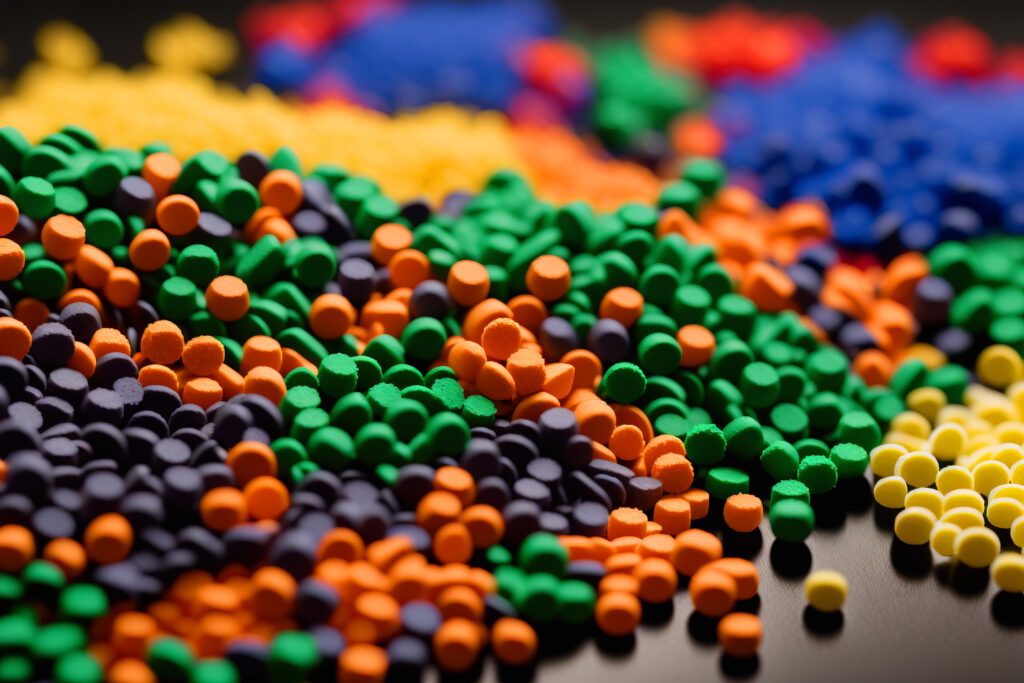
When it comes to manufacturing a finished product, there are several options commercially available. However, two of the most popular production methods include compounding and masterbatch. In this article, we’ll discuss the cost benefits of using masterbatch versus compounding a finished product and how both processes can help you save money in the long run.
What is Plastic Masterbatch?
Masterbatch is a method of producing a concentrate to meet a particular requirement for resins. Since the masterbatch is already made and becomes a part of the formulation, it provides a consistent product along with other benefits that can make it a better option than compounding methods.
The masterbatch is added to the plastic in a way that lets it fully bond with it during manufacturing. In essence, the masterbatch product is added before the polymer is fully formed, making it a part of the finished product rather than something that is added in at the end.
In many cases, masterbatch is a better choice for adding additives to finished products. This is because it is added before the product is finished, allowing it to keep its intended properties. Other potential benefits include:
The Cel-Span UVS 717 offers maximum UV protection that extends the life of plastics by 5-10 years. It contains Hindered Amine Light stabilizers, which continually repopulate themselves while providing UV stabilization to polyolefins. This product is made from polyethylene and polypropylene resins. It is best applied to injection molding, blow molding, film, and sheet. The Cel-Span UVS 717 offers maximum UV protection that extends the life of plastics by 5-10 years. It contains Hindered Amine Light stabilizers, which continually repopulate themselves while providing UV stabilization to polyolefins. This product is made from polyethylene and polypropylene resins. It is best applied to injection molding, blow molding, film, and sheet.
- Lower implementation costs (no setup or cleanup fees)
- Efficient manufacturing and uses fewer materials (only up to 5% of the total weight is masterbatch)
- Ability to use existing manufacturing machines (no special machines needed)
- Compliance with expected performance and manufacturing standards
- Saves on compounding costs
- Uses less energy to create
What is Plastic Compounding?
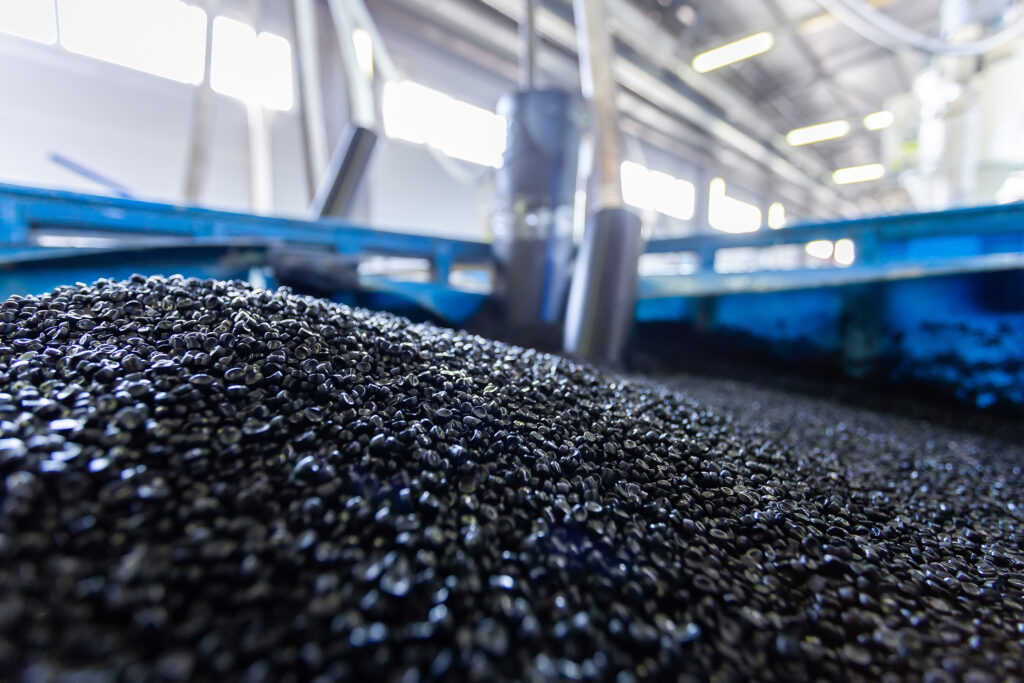
Compounding is another method of adding anything to plastics, but it involves taking the finished plastic and melting it to mix it with other additives. The resulting mix becomes the finished product.
Compounding is a great method when you need to change the physical characteristics of a finished product. However, compounding changes the properties of that finished product by heating it and adding new materials to it. In essence, it can change the materials’ performance.
Nonetheless, without compounding, plastic wouldn’t be nearly as versatile and readily available to serve our many needs today. They can help make plastic food safe and fire retardant, as well as improve antimicrobial properties.
Learn more about the purpose and benefits of plastic compounding.
Learn More About Masterbatch for Your Next Product
To see if your product can be made even better using masterbatch or plastic compounding, contact Phoenix Plastics today to request a quote for your next project.

